The Government says shh: No Question Hour!
Recently, the government decided to do away temporarily with the Question Hour section in the forthcoming session of Parliament amid the state of the novel pandemic COVID 19. This monsoon session is scheduled to begin from mid of September and will continue till early October. The pioneer question that needs to be asked is – can a government solitarily scrape the very element of Question Hour from the sessions of Parliament? This decision can have a toll on the dispensability of questions and could lead to opacity as well.
Generally, the first hour of the sittings of the Lok Sabha session is devoted to the members of parliament asking questions to the government. Question hour is a segment of discussion where the opposition raises the issues of national importance and cross-questions the ruling party. Such questions flow from every field and deal with the whole gamut of government action. If the issue raised by MPs is imperative and demands a deeper view, an Ad hoc committee is set up especially to heed upon them and have a closer look. The former (Question Hour) helps to have transparency and puts the government in the position of responsibility for being reasonable enough with commissions and decisions.
In words of the Holy Document – Constitution
The constitutional validity of having a Question Hour during parliamentary sessions draws its origin from Article 75 of the Indian constitution. The aforementioned Article reads that the council of ministers shall be collectively responsible to the house of people. Here collective responsibility implies the accountability of government to the parliament. The constitution has provided this right which it is their (parliamentarians’) bound obligation to protect.This pivotal issue has landed the ruling body in needless controversy after the opposition has vehemently castigated the scrapping of Question Hour in the forthcoming sessions.
After a massive uproar from the Opposition members, the Central government on Thursday evening allowed the Question Hour of 30 minutes duration in the upcoming Monsoon Session of Parliament. Although this revision won’t affect the process of pitching Unstarred Questions during the session. Such questions can be submitted by MPs for which revert will be given in a form of written answers. This unprecedented decision has irked many opposition MPs who with their relentless questions used to keep a check on the other party. This has even paved the way to corner those interrogative sessions. The Question Hour is seen as a quintessential of direct democracy as this right is guaranteed in Article 75 of our Constitution. Detractors believe the decision of scrapping a crucial element of the National Legislature- Parliament will no more hold the Executive organ accountable to Legislature. Abstaining lawmakers and their right to keep a check on the Executive by putting them on trial will be overshadowed.
Dwarfing of Parliament’s Role
Being the National Legislature, Parliament carries a great set of duties which in a way can never be overlooked.The composition of the Parliament- Rajya Sabha and Lok Sabha- enjoy a privileged position as the voice of people and state in India’s democratic setup. Be it as it may, the Question Hour helped the opposition to avoid the government from exonerating(absolving) themselves from the issues and saw the government incumbent to its vows. The pronouncement of scrapping the former can be interpreted as hobbling Parliament. Globally countries having Parliamentary form of democracy regard Question Hour as a vital role to play, allowing ruling bodies to be more responsive. With the help of Question Hour the Government is able to quickly feel the pulse of the nation and adapt its policies and actions accordingly. It is through questions in the Parliament that the Government remains in touch with the people as much as members are enabled thereby to ventilate the grievances of the public in matters concerning the administration. Considering COVID-19 as a shield to run away from the grappling excesses is an extremely poor excuse.
The decision of removing the basic element of Parliamentary sessions with the aforementioned excuse makes no sense a modicum or no sense at all. If the parliamentarians can meet and carry on with the daily grind work, surely a discussion of a few minutes to raise a major issue won’t cause a peril. Plenty options for social distancing can be taken into account – like reserving each day for select ministries to prevent crowding by officials seeking to help their ministers.Departments pay serious attention to problems which have remained unattended. It is not correct to assume that questions in parliament distract the attention of the government from the pandemic, and therefore, there should not be any Question Hour during the whole session. The moot point is that Parliament is convening for several hours in an enclosed space despite the risk of infection. Considering the previous monsoon session data, the session saw 313 starred questions answered orally and 1,125 supplementary questions in row. In fact, only a small fraction of MPs posing starred questions get oral replies, often cited as reason for a longer question hour. Parliament should hence be an exemplar for assemblies and other elected bodies. The outcome of the pandemonium caused during the hour is all worth it when a major issue demands immediate attention and redressal serving the interest of the country at large.
A Trivial Move
Amidst the aberration, the government is grappling with a huge spate of crises rushing from different directions where MPs will have many concerns carrying national importance like slumping GDP, shrinking Economy, relentless upsurge in Corona cases and it goes on and on. The questions of National Security can even arise considering the skirmish going on in the South-China Sea. Taking all of this in consideration the need and value for question hour becomes even more eminent. Conventionally, there had been four special sessions when there was no Question Hour. “During the 33rd (1961), 93rd (1975), 98th (1976) and 99th (1977) sessions there was no Question Hour as these sessions were summoned for special purposes — [passing of State budget of] Orissa, Proclamation of Emergency, 44th Amendment, President’s Rule Tamil Nadu and Nagaland.
Riposte
Arguably, the parliamentary sessions will still hold debates and discussions on robust issues but will disrupt the transparency realm on a serious note. If and only if the house communally takes a decision to restore the bricks and mortar structure of holding government accountable via Question hour the legacy of the sessions so far can be nurtured. One needs to reinstate it while there is still time.
Bibliography
1. Moushumi Das Gupta (2020, September 2). Modi govt climbs down on Question Hour, will allow ‘unstarred questions’ in monsoon session. Retrieved September 7, 2020, from https://theprint.in/india/governance/modi-govt-climbs-down-on-question-hour-will-allow-unstarred-questions-in-monsoon-session/494523/
2. Shoaib Daniyal , (2020, September 4). By scrapping Parliament’s Question Hour, government is attacking the foundation of Indian democracy. Retrieved September 8, 2020, from https://scroll.in/article/972170/by-scrapping-parliaments-question-hour-government-is-attacking-the-foundation-of-indian-democracy
3. P.D.T. Achary (2020, September 8). Can the Govt Unilaterally Scrap Question Hour During the Entire Parliament Session?. Retrieved September 10, 2020, from https://thewire.in/government/govt-question-hour-parliament
4. Manmath Nayak (2020, September 3). Question Hour of 30 Minutes Allowed in Monsoon Session of Parliament, Only Unstarred Questions to be Taken up. Retrieved September 11, 2020, from https://www.india.com/news/india/question-hour-of-30-minutes-allowed-in-monsoon-session-of-parliament-only-unstarred-questions-to-be-taken-up-4130638/
5. Sobhana K. Nair (2020, September 2). Suspension of Question Hour triggers outrage. Retrieved September 12,2020, from https://www.thehindu.com/news/national/opposition-hits-out-at-move-to-suspend-question-hour-for-monsoon-session/article32501866.ece
Featured Image Credits: Wikimedia Commons


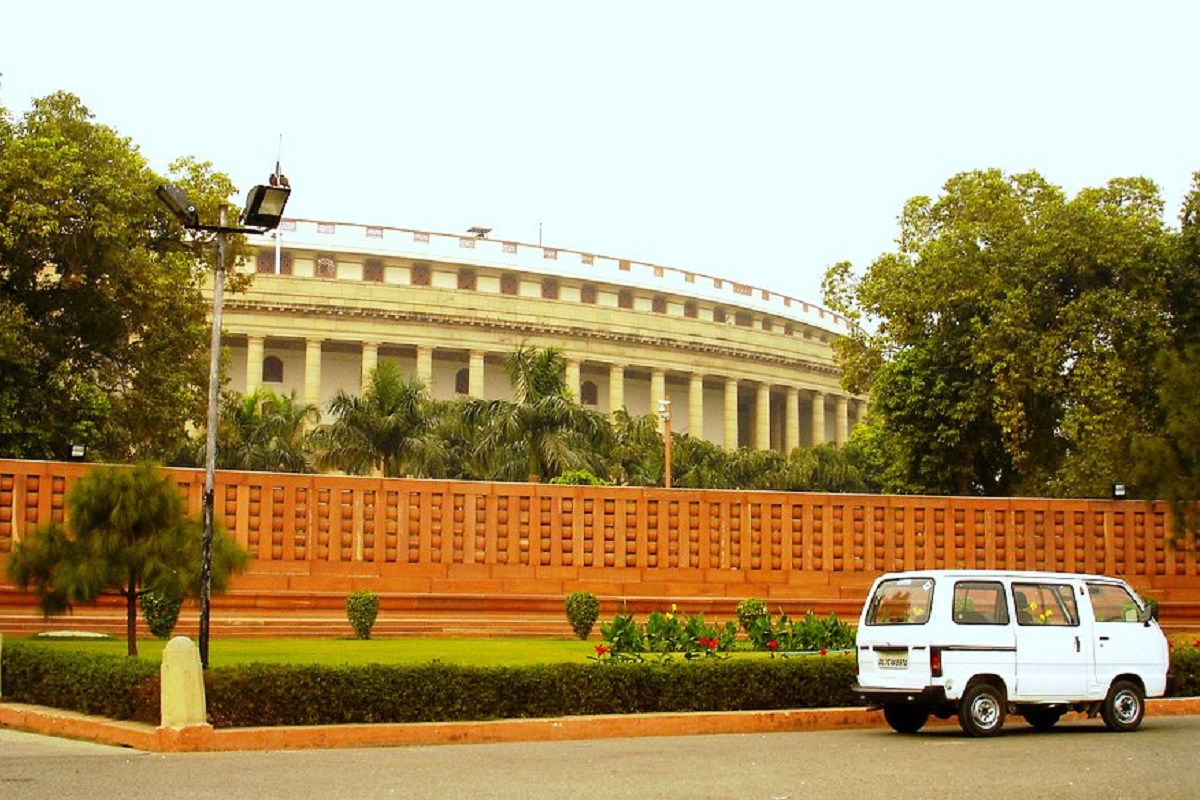
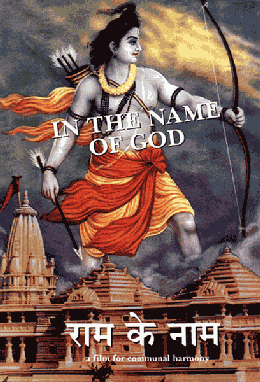
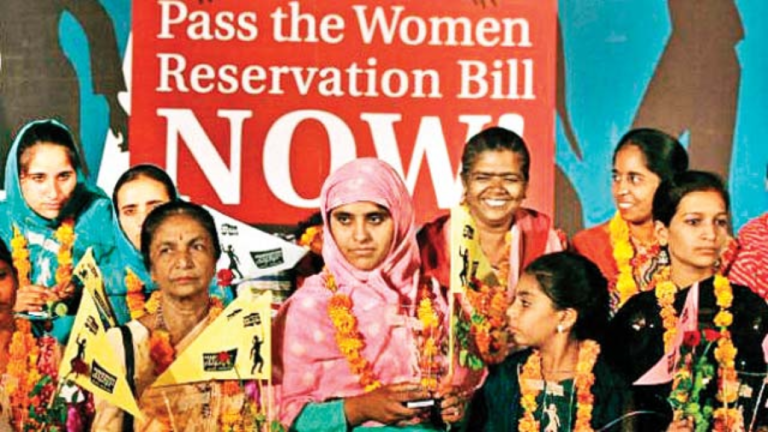
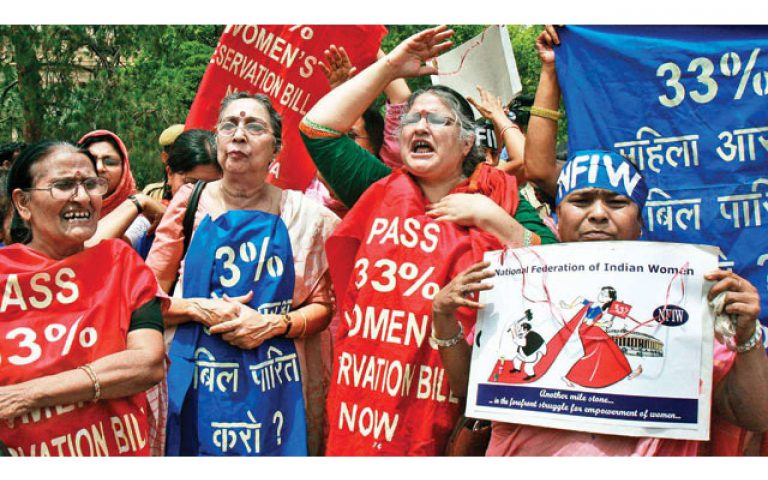
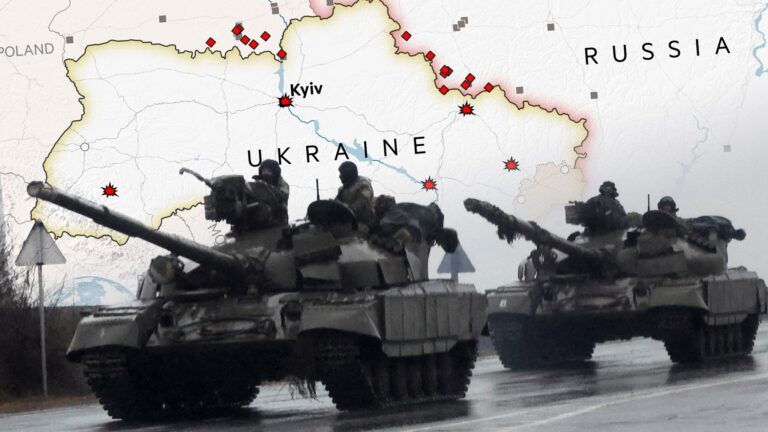
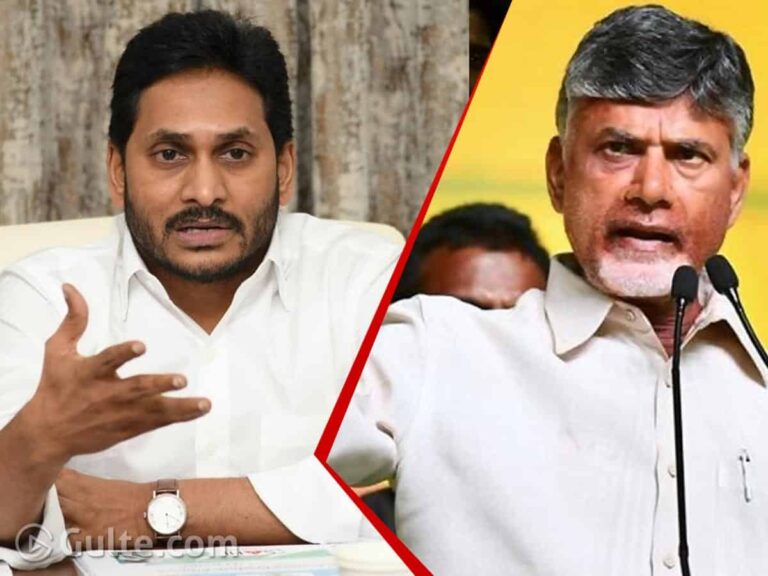
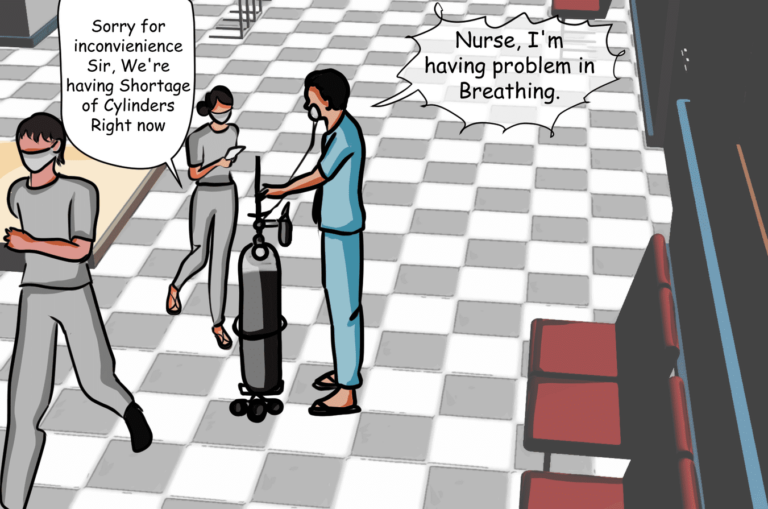
It is well written and contained sound and practical thoughts.. pointed out several things that makes it absolutely worth reading.. we are seeing so much less informative or irrelevant things going on in media.. it’s a thought-provoking article..
Congratulations for your thorough research and clear writing..looking forward to read such more and amazing piece of writing